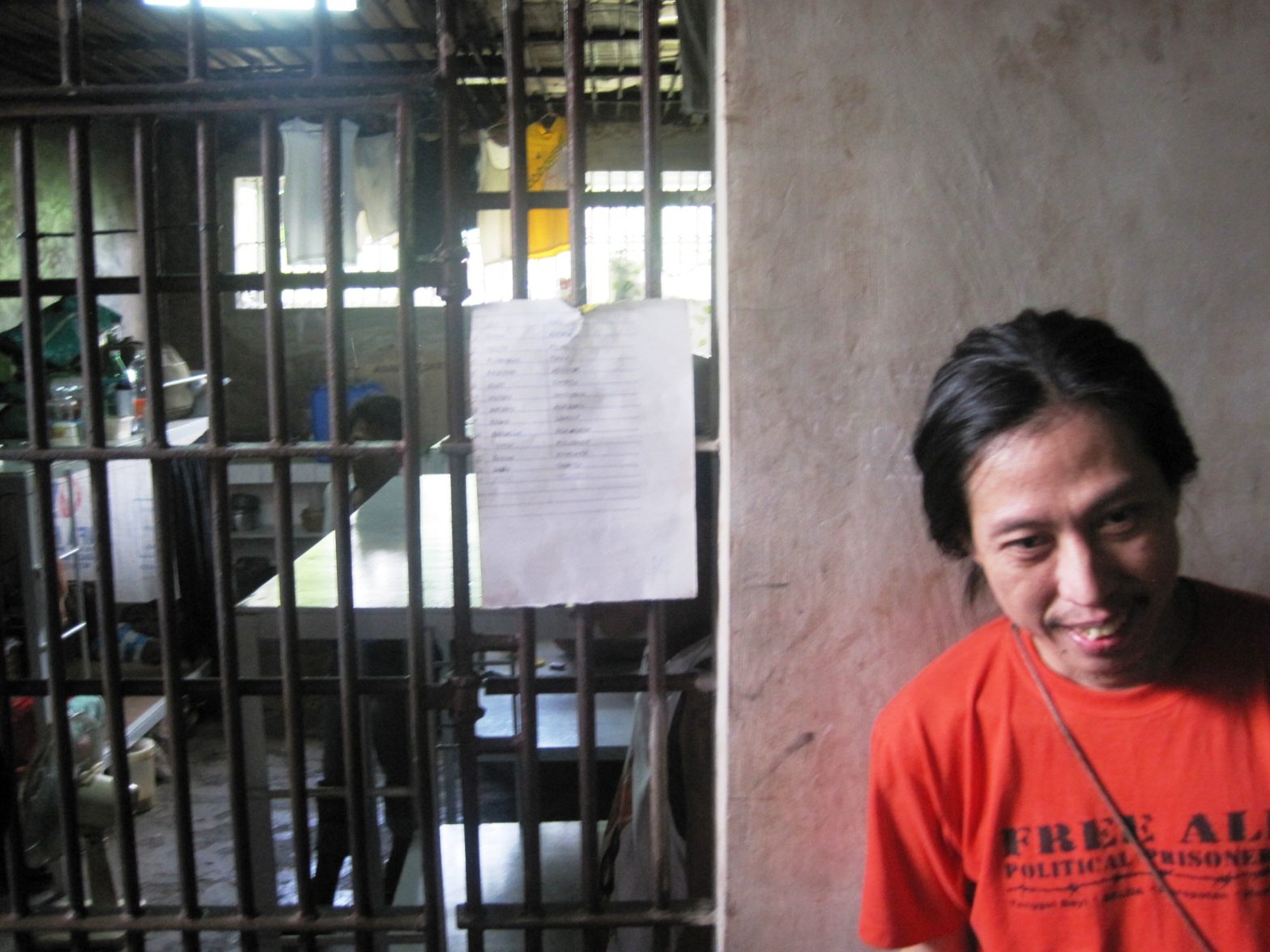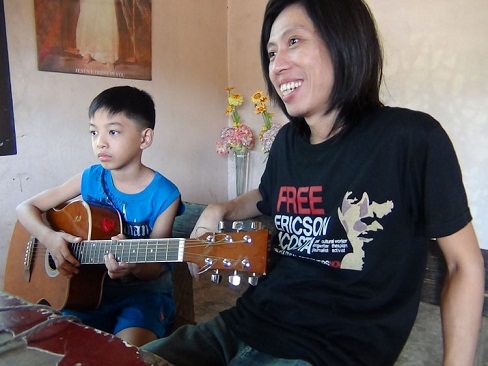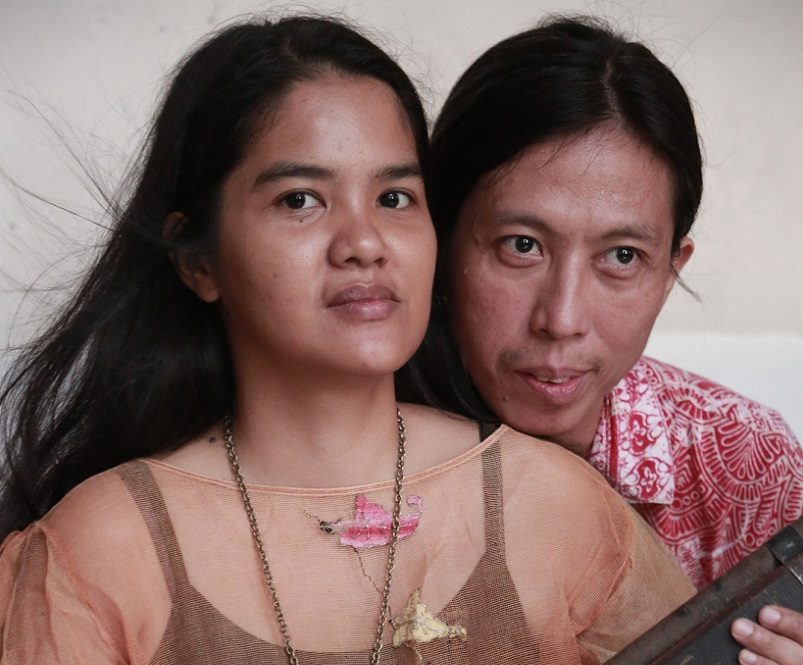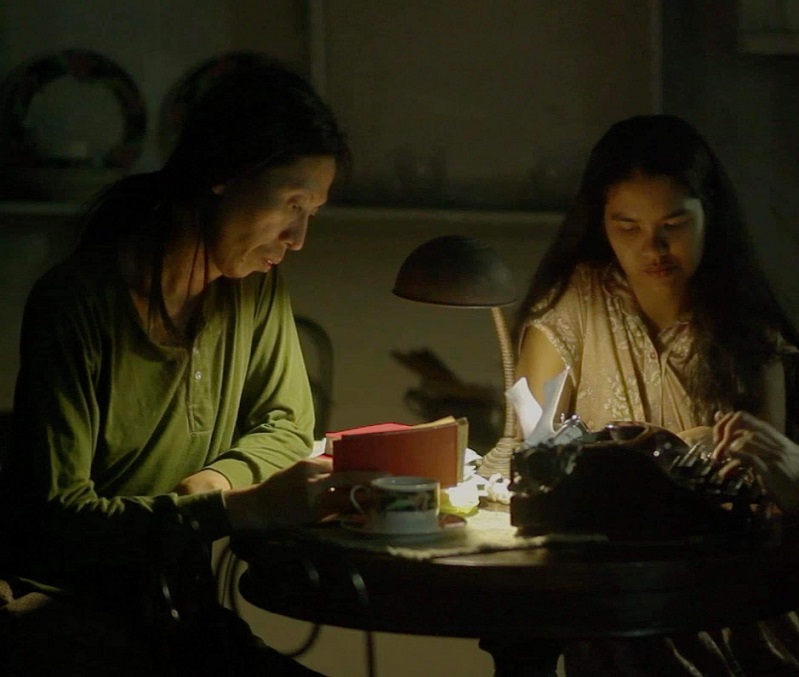Text and photos by ELIZABETH LOLARGA
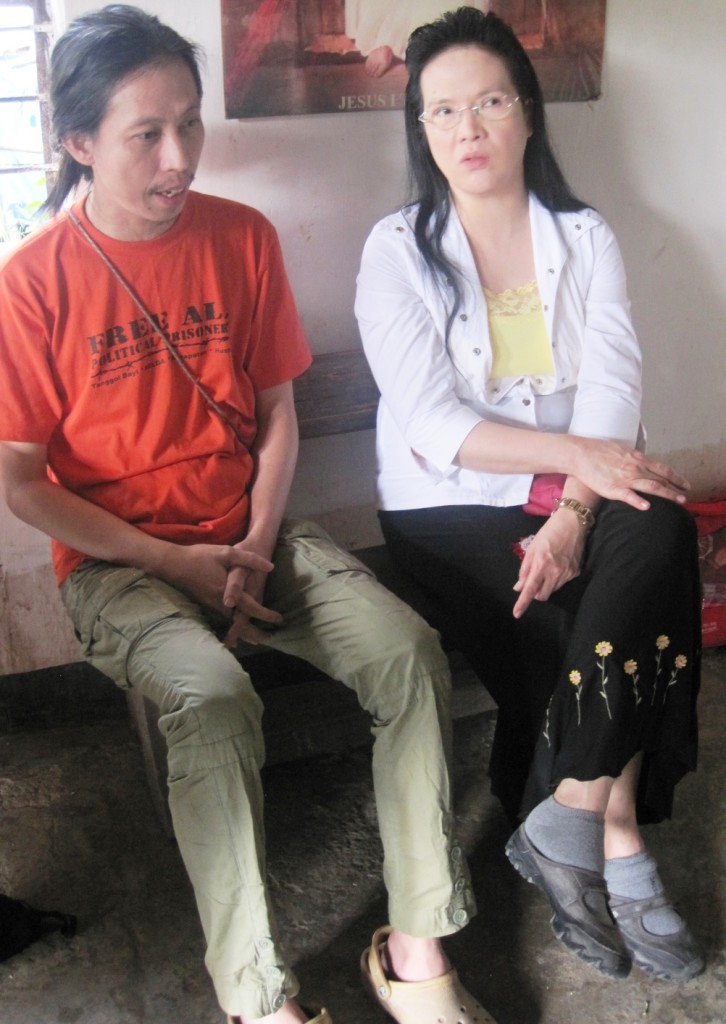
CALBAYOG CITY, Samar—Political prisoner Ericson “Eric” Acosta, who had long stopped counting the days he had spent in jail at this city’s sub-provincial jail in Western Samar, was sprung an unanticipated pre-Valentine gift on Thursday: The court allowed the poet-composer and former Philippine Collegian editor to leave jail on early Friday to fly to Manila on humanitarian grounds.
(Acosta is expected to arrive in Manila at 8:15 a.m. on Friday at the Ninoy Aquino International Airport Terminal 3.)
Chief Public Attorney Persida Rueda-Acosta (not a relative of the accused) quickly moved for Acosta’s temporary release before the Gandara regional trial court after a medico-legal consultant of the Public Attorney’s Office examined him and found he has nephritis, a condition characterized by blood in the urine (hematuria), lower back pains, high fever and painful urination (dysuria), all of which require urgent confinement.
The doctor, Erwin Erfe, was accompanying Rueda-Acosta on a medical mission to the jail and had gone over Acosta’s medical history.
One of more than 300 political detainees under the Aquino administration, Acosta was arrested on Feb. 13, 2011, with a group of farmers in San Jorge, Samar, while doing field research and charged with illegal possession explosives and grenades.
To this day, Acosta said he doesn’t even know how to remove the pin from a grenade.
Erfe said Acosta’s ailment required “thorough diagnostic examinations, possibly including renal biopsy and other specialized ancillary procedures in a specialist kidney hospital.”
Presiding Judge Feliciano Aguilar, who approved Acosta’s temporary release, ordered the political prisoner escorted by a jail officer for his medical checkup, confinement and treatment at the National Kidney Center in Quezon City.
Turning 40 in May, Acosta is arriving in Manila just as his only child Emman, 10, by wife Kerima Tariman, also a writer, competes in a math tournament.
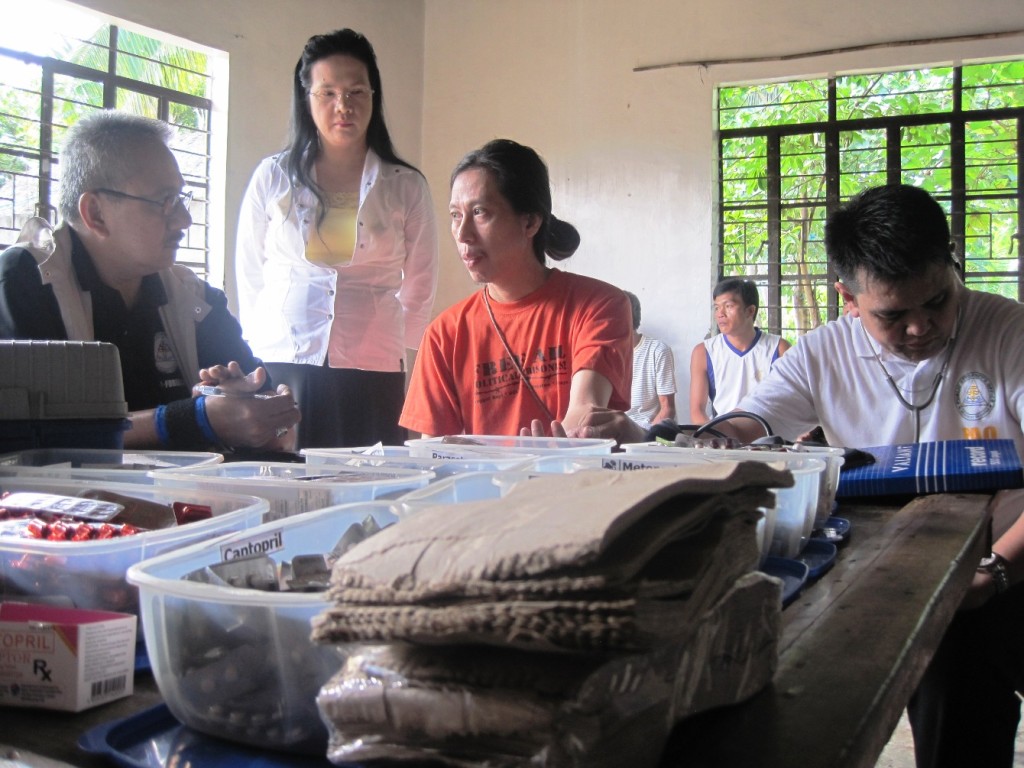
At the time of his arrest, Acosta said he only had a laptop in his backpack, and the contents of the laptop included a suite of his poems about peasant life.
When asked what they understood to be the heinous crime that Acosta had done that put him in their company, his cellmates, all of whom were imprisoned for murder, homicide or drug pushing, said he had grenades with him when he was arrested.
Acosta was already a frail 112 pounds at the time of his arrest. Today, he weighs 120 pounds and even bulked up in preparation for a nationwide hunger strike of political prisoners in December 2011.
During her surprise visit to the Hall of Justice in this city, Rueda-Acosta reviewed documents about his case, noting that “there were no private complainants; these are all Army people in the list.”
In 2004, Rueda-Acosta worked for the release of 17 women suspected of being New People’s Army members.
On her way to the Hall of Justice on Thursday, she told her travelling companions, “The country is starved for justice. We must acknowledge Acosta as a writer and researcher serving this need for doctors for our society.”
